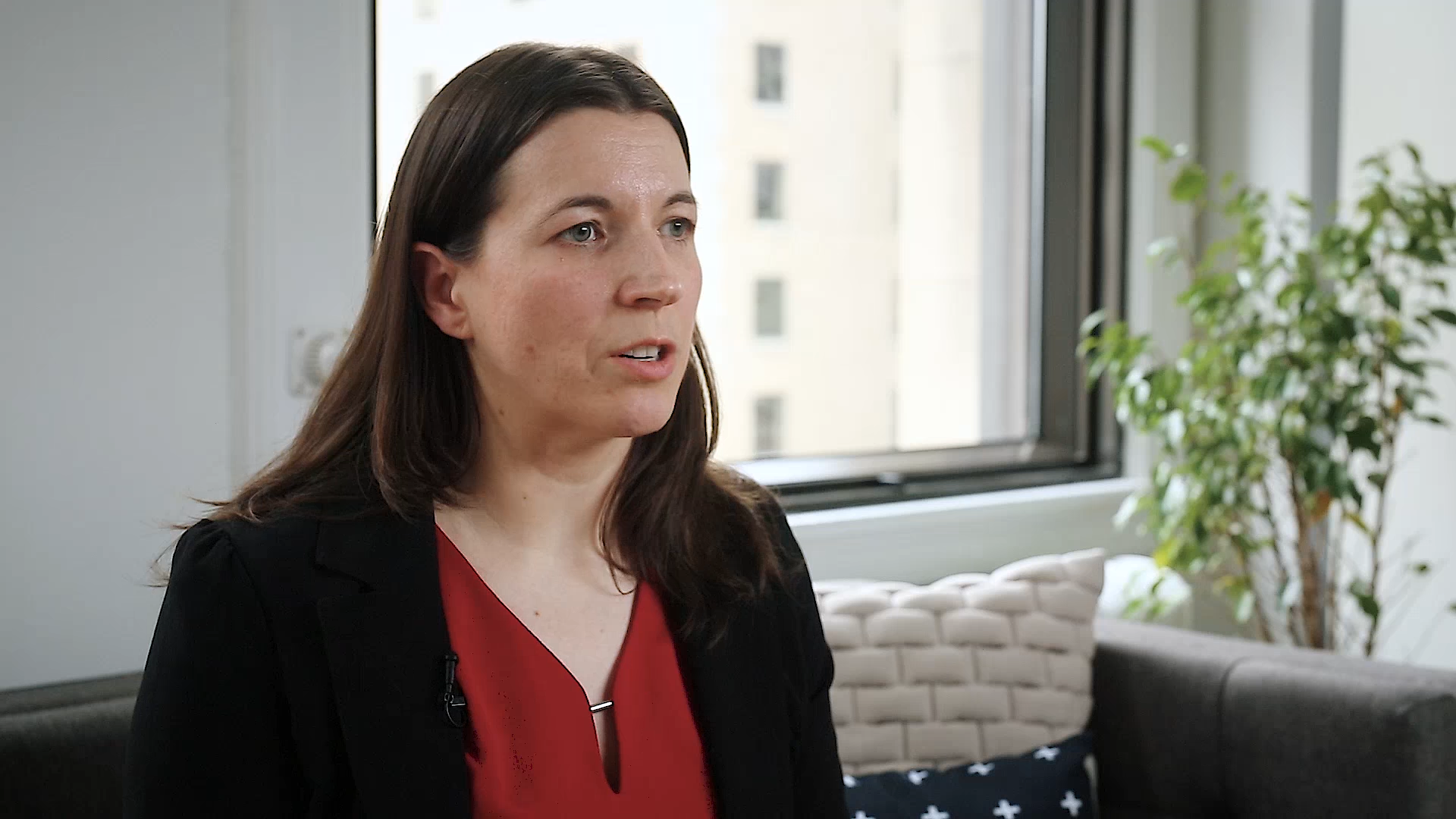
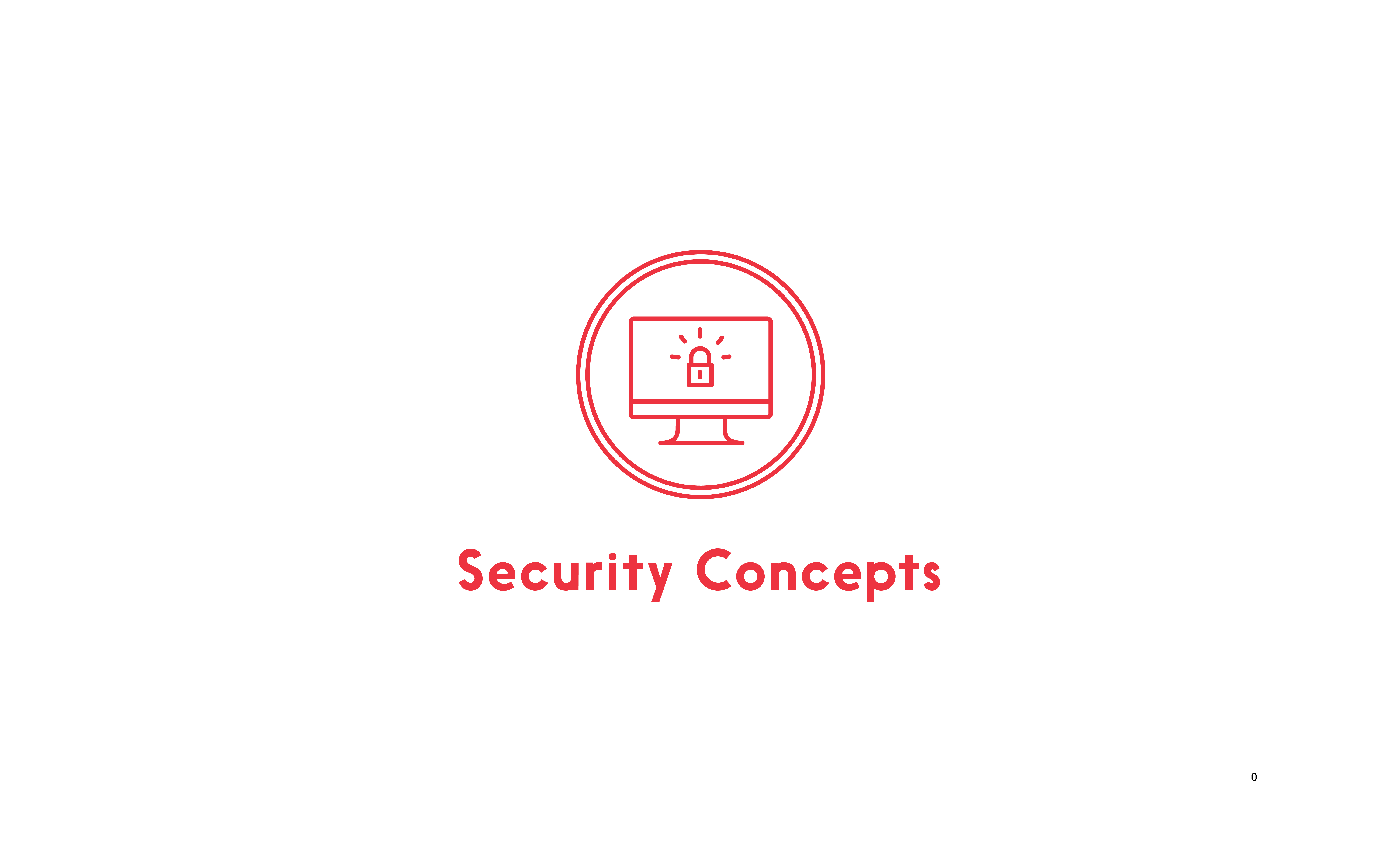 /
/Security Concepts
Internet security is about managing risk. With the right information anyone can do it.
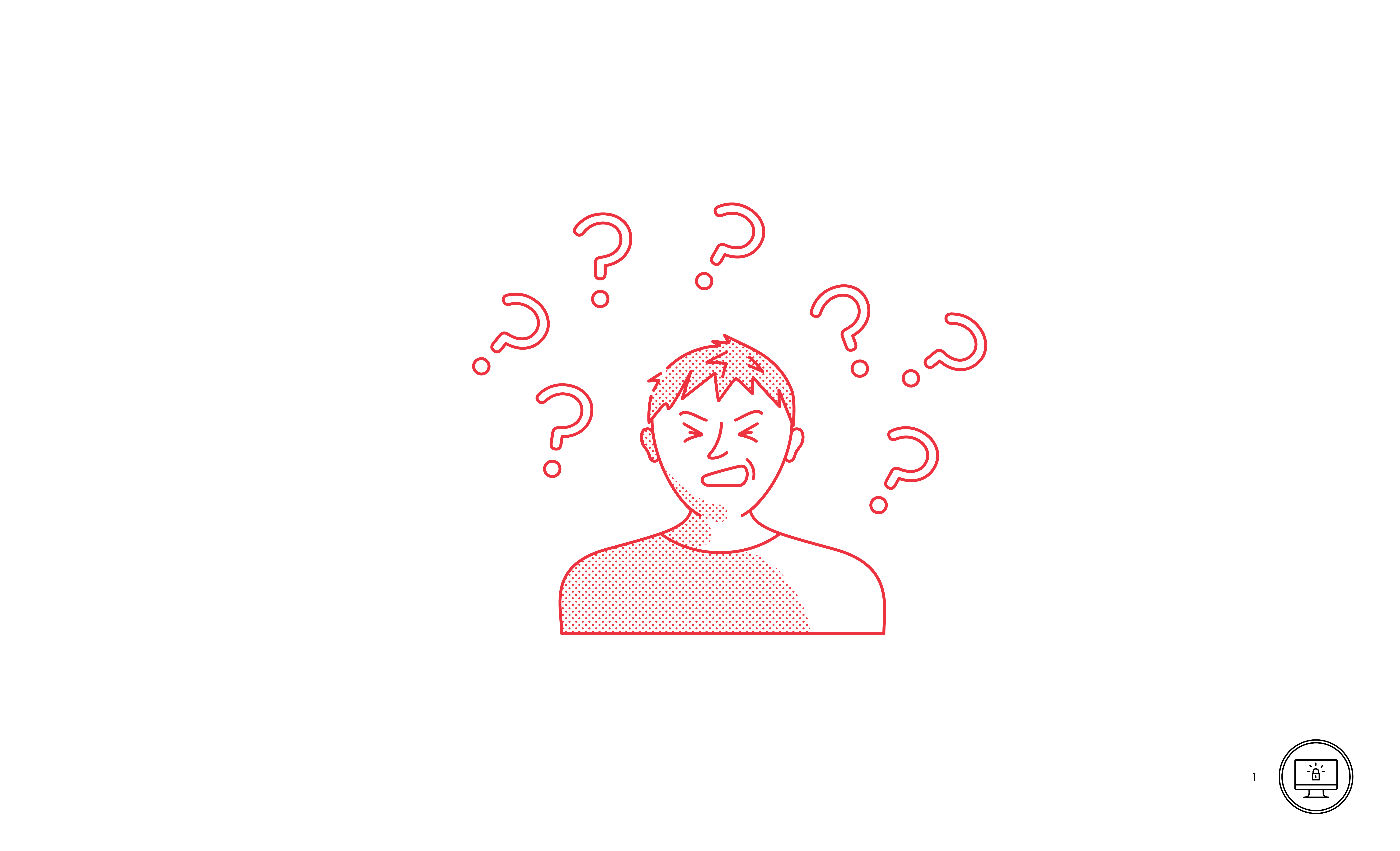 /
/Being More Secure, it’s Worth it
Internet security seems complex and it is easy to ignore but with a little education and effort it is something you can manage.
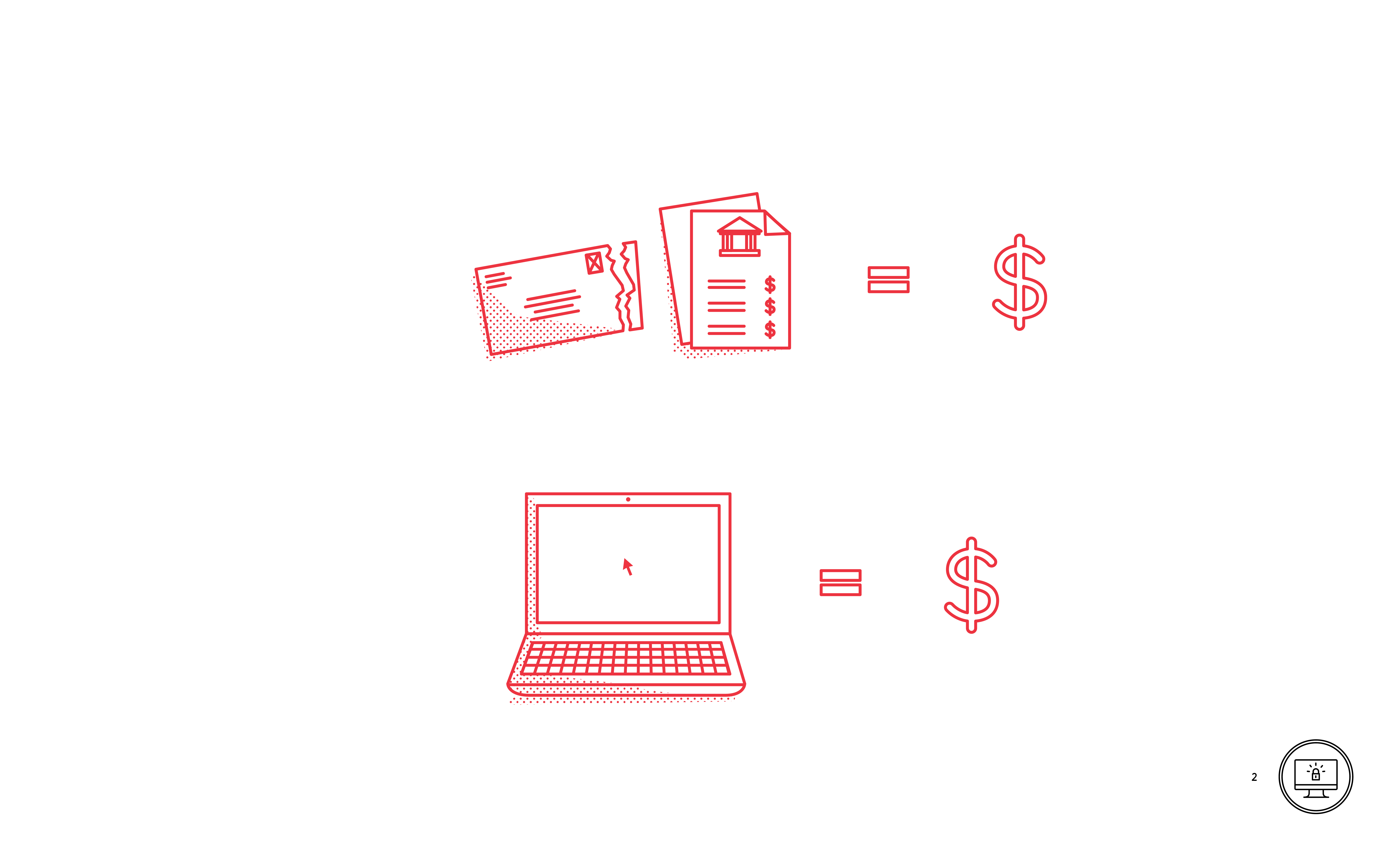 /
/Your Information and Computer’s Resources are Valuable
Your information has value on the Internet: be careful how you give it away. Your Internet connection and computer’s resources can be valuable to others.
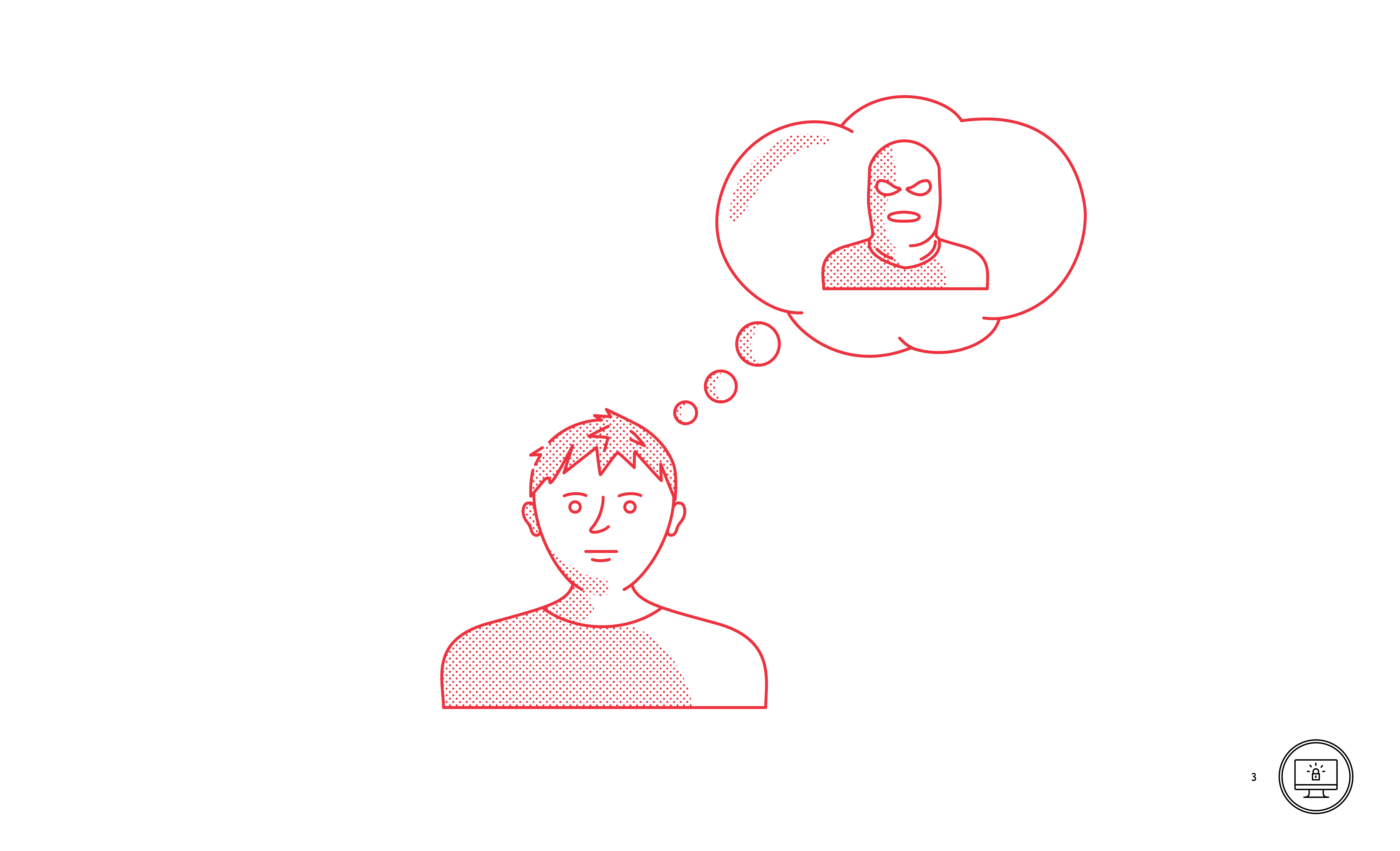 /
/A Security Mind-Set
Safety is a balance between convenience and security. Thinking about security from a criminal’s perspective can give you valuable insight for making decisions about your risk and safety.
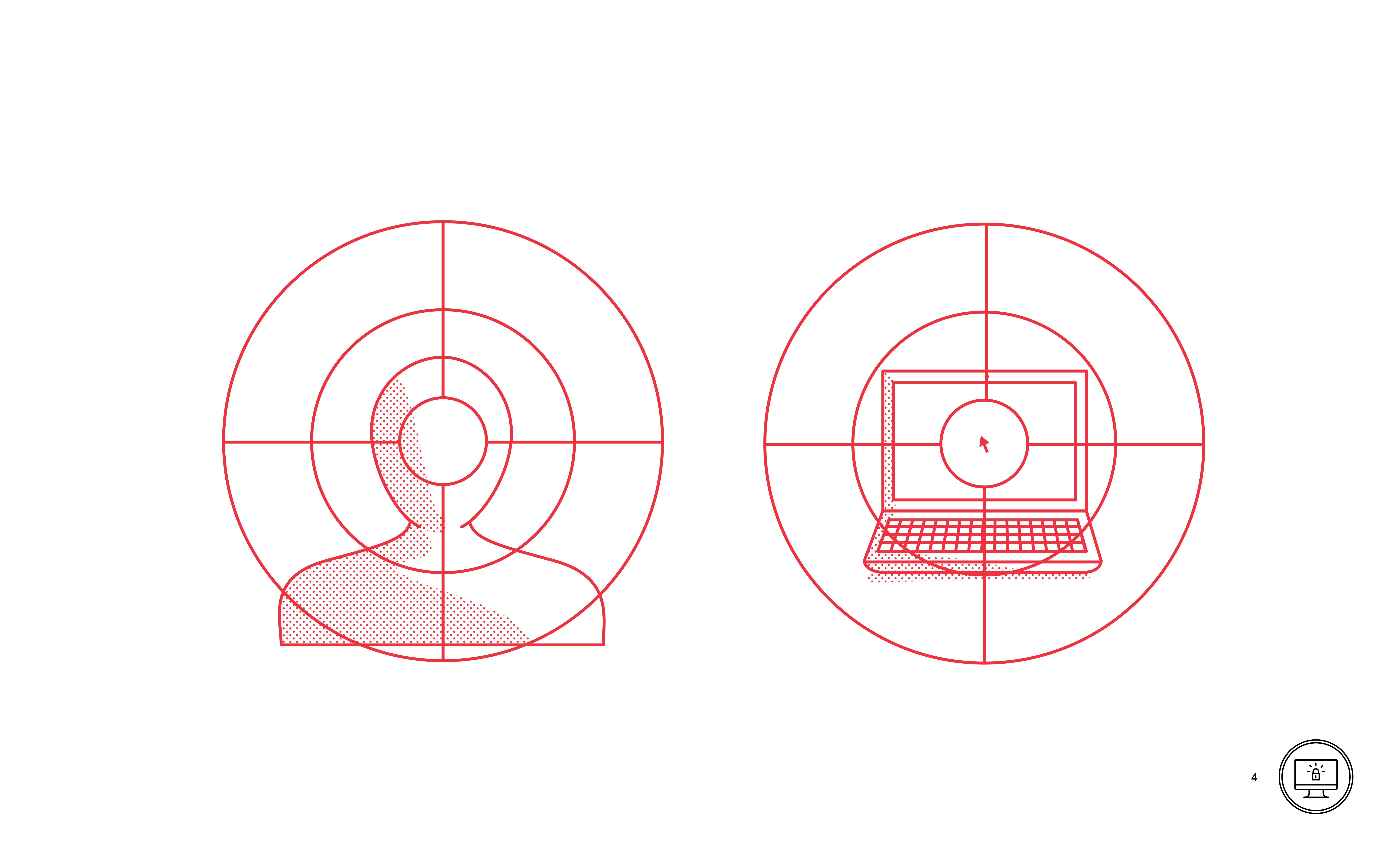 /
/Online Risks
Crimes on the Internet can be thought of as either targeting a person (tricking them or harming them directly) or targeting a computer (stealing resources or information).
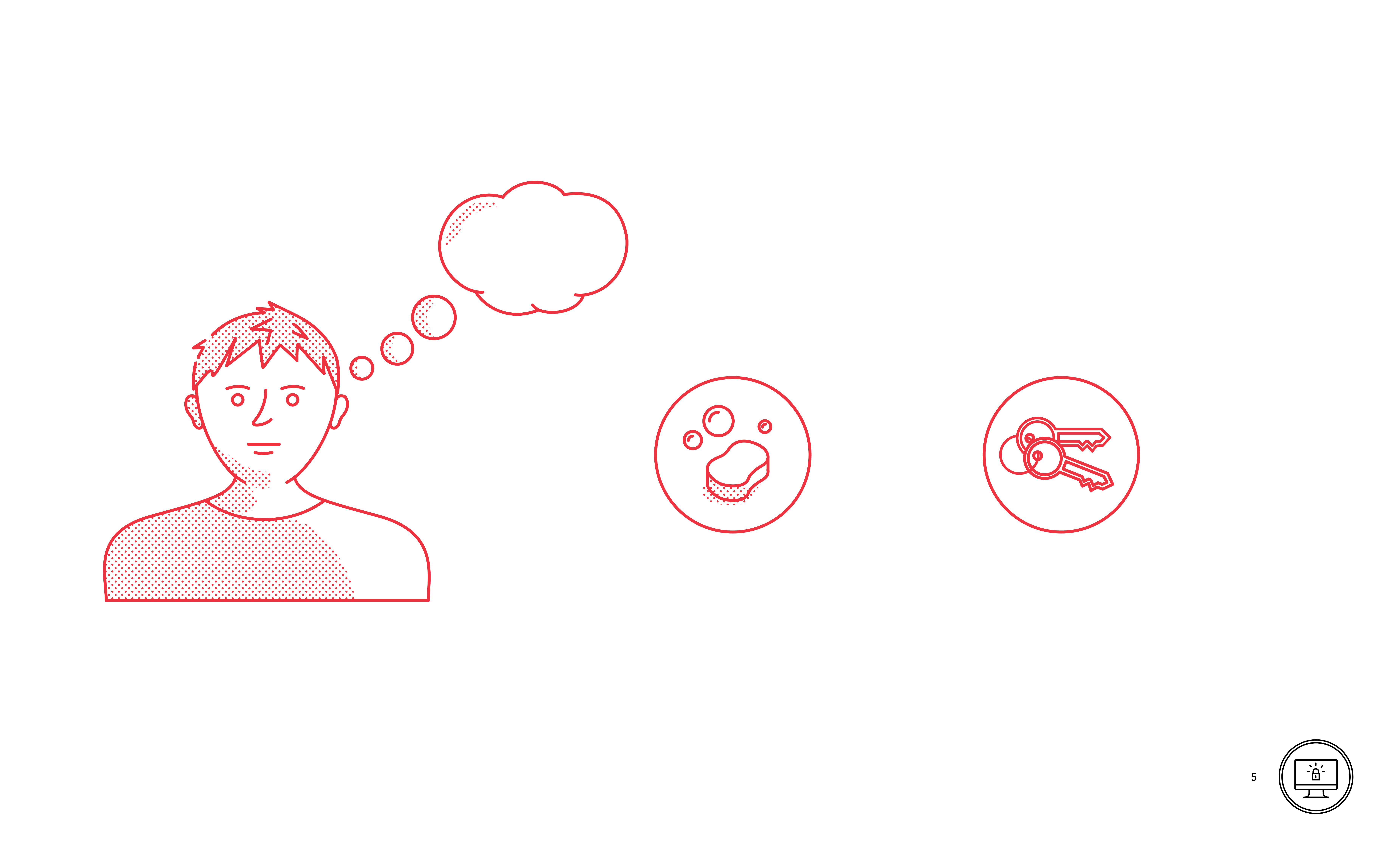 /
/Good Habits
In real life, you wash your hands and lock your doors without really thinking about it. Cybersecurity also requires good habits and hygiene.
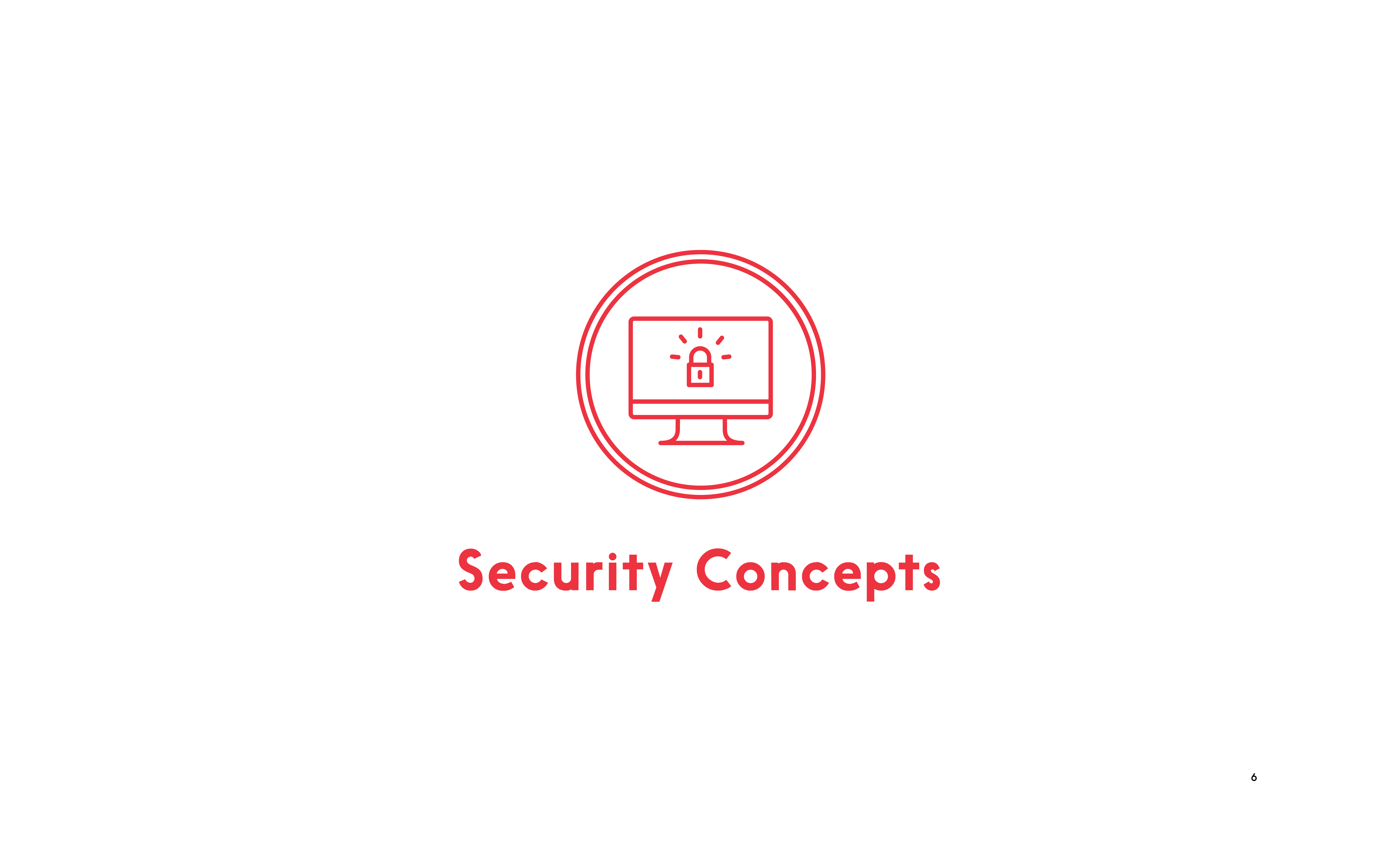 /
/Security Concepts
With a security mind-set, a good attitude, good hygiene, good habits and good help can improve security.
-
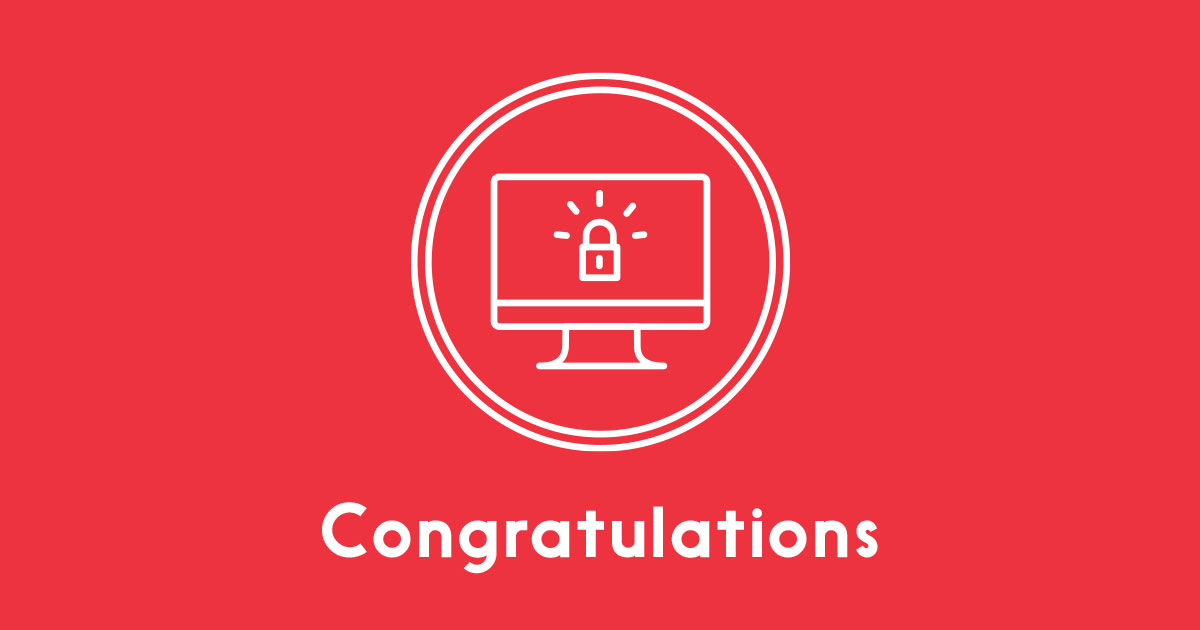
Security Concepts
Let’s see how much you learned about security concepts.
Test your knowledge and earn your badge to share
START THE QUIZ
- 1/2
Cyber security can only be done by a trained professional.
True
False
next question
- 1/2
Cyber criminals normally target wealthy people or celebrities.
True
False
next question
- 1/2
Personal information online is valuable because:
Criminals can use it to access your accounts or steal your identity
Companies can use it for marketing purposes
You could be a celebrity in another country and not know it
Both A and B
next question
- 1/2
Criminals can try to get your personal information by:
Calling and pretending to be someone they are not
Sending an email with a link to a fake version of a website
Reading your Facebook or Twitter page
All of the above
next question
- 1/2
You must always fill in every text box requesting information on the Internet honestly.
True
False
next question
- 1/2
A security mind-set is:
Always using a really long password
Thinking about how someone else would try to break in to identify security problems
Never taking the easy option
A good title for an action movie
next question
- 1/2
Malware is:
Some malevolent hardware such as dongles
All malicious or bad software such as computer viruses, spying programs, etc.
A virus written by Malvin Herdinger in 1983
Security software
next question
- 1/2
Security online is created with:
Good habits, good hygiene and good help
Good hangouts, good heros and good hope
Rubber gloves while using the Internet
The best security software
next question
-
Security Concepts
your results
/100Congratulations, you earned your badge!
Share on Facebook
Show the answers
Hide the answers
You are on the right track. Some points need to be clarified. Please review the module and try again.
Restart the quiz
1-Cyber security can only be done by a trained professional.
True
False
There are steps we can all take to be more safe online.
2-Cyber criminals normally target wealthy people or celebrities.
True
False
Computers allow criminals to automate their crimes, meaning that they can target everyone indiscriminately.
3-Personal information online is valuable because:
Criminals can use it to access your accounts or steal your identity
Companies can use it for marketing purposes
You could be a celebrity in another country and not know it
Both A and B
Both marketing companies and criminals are interested in your information, but for different reasons.
4-Criminals can try to get your personal information by:
Calling and pretending to be someone they are not
Sending an email with a link to a fake version of a website
Reading your Facebook or Twitter page
All of the above
Criminals will get your personal information anyway they can; including phishing phone calls, phishing emails and reading your social media.
5-You must always fill in every text box requesting information on the Internet honestly.
True
False
Leaving a box empty or giving less accurate information where the page or person is not trusted or does not need that information helps protect your privacy.
6-A security mind-set is:
Always using a really long password
Thinking about how someone else would try to break in to identify security problems
Never taking the easy option
A good title for an action movie
Thinking about security from a criminal’s perspective can give you valuable insight for making decisions about your risk and safety
7-Malware is:
Some malevolent hardware such as dongles
All malicious or bad software such as computer viruses, spying programs, etc.
A virus written by Malvin Herdinger in 1983
Security software
Malware is software designed primarily for a malicious purpose.
8-Security online is created with:
Good habits, good hygiene and good help
Good hangouts, good heros and good hope
Rubber gloves while using the Internet
The best security software
Good computer hygiene is updating, patching your system and security software, Good habits are, thinking before you click, looking for indicators of security, and think critically when dealing online and good help is talking with friends, family, technical support and the police.
Cheat Sheet
Being more secure, it's worth it
Internet security can be managed by everyone just by using good cyber hygiene, habits, and help.
DO think of Internet security as something you take responsibility for, and devote a little time to it.
Your information and computer’s resources are valuable
Your information has value on the Internet: be careful how you give it away. Your Internet connection and computer’s resources can be valuable to others.
DO be careful when giving out your information online. Do take action to protect your computer.
A security mind-set
Thinking about security from a criminal’s perspective can give you valuable insight for making decisions about your risk and safety.
DO think about security before taking the easy option.
Online risks
Criminals on the Internet try to trick people out of their money, their personal information or use software created with malicious intentions (malware),to automate the process. Security services (anti-malware and firewalls), encryption and a critical mind help defend against this.
DO be aware of criminals. DO keep your security service up-to-date, and use encrypted services for sensitive communications.
Good habits
With a little effort, you can greatly reduce your risk. If you do have problems, help is available.
DO think of security in terms of good hygiene, good habits and good help that reduce your risk.
Glossary of Terms
Botnet
A network of remotely controlled computers on the Internet.
Encryption
A process of converting information to a form unreadable to untrusted parties that still contains the original information and is able to be read by the intended recipient.
Firewall
A computer safety barrier between networks or a computer and the network.
Malware
Software designed primarily for a malicious purpose.
Security Mind-set
A way of thinking about computers that focuses on security defects.
Social Media
Internet technologies designed for socialising and sharing such as Facebook, and Twitter.
Zombie Computer
A computer that is infected with malware that allows it to be controlled remotely and is part of a botnet.
References and Additional Resources
Download SERENE-RISC printable material
Trainers
Trainer Resource – Security Concepts (PDF)
Lesson Plan – Security Concepts (PDF)
Lesson Script – Security Concepts (PDF)
Handout Sheet Answer Key – Security Concepts (PDF)
Resource Sheet – Security Concepts (PDF)
Students
Cheat Sheet – Security Concepts (PDF)
Handout Sheet – Security Concepts (PDF)
Handout Sheet Answer Key – Security Concepts (PDF)
Resource Sheet – Security Concepts (PDF)
Download all the materials for the module “Security Concepts” (PDF)
Additional resources
External Links
Cyber Risk assessment and management
https://staysafeonline.org/re-cyber/cyber-risk-assessment-management/
Identity Theft and Fraud
https://www.priv.gc.ca/resource/topic-sujet/itf-vif/index_e.asp#faq
Get Cyber Safe
http://www.getcybersafe.gc.ca/index-en.aspx
Books
Computer Security: Principles and Practice (3rd edition) by William Stallings and Lawrie Brown
2014, Pearson
ISBN: 978-0133773927
Digital Crime by Neil Barrett
1998, Kogan Page
ISBN:978-0749420987